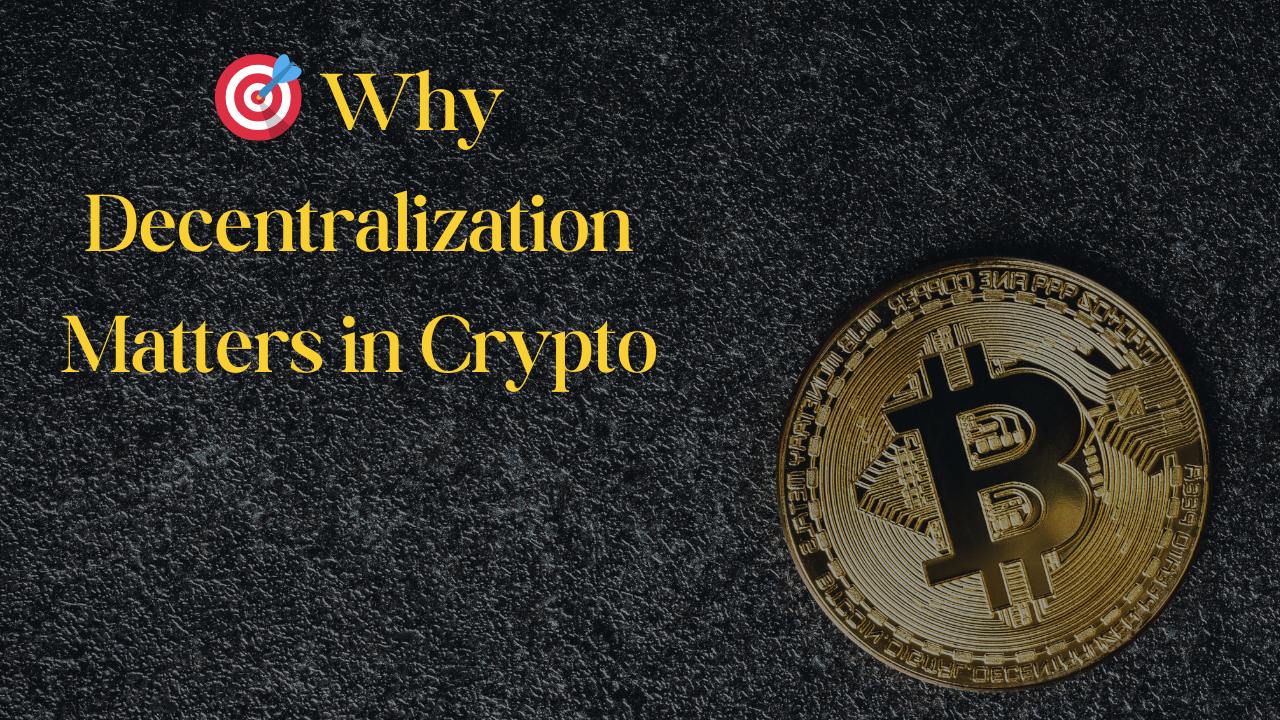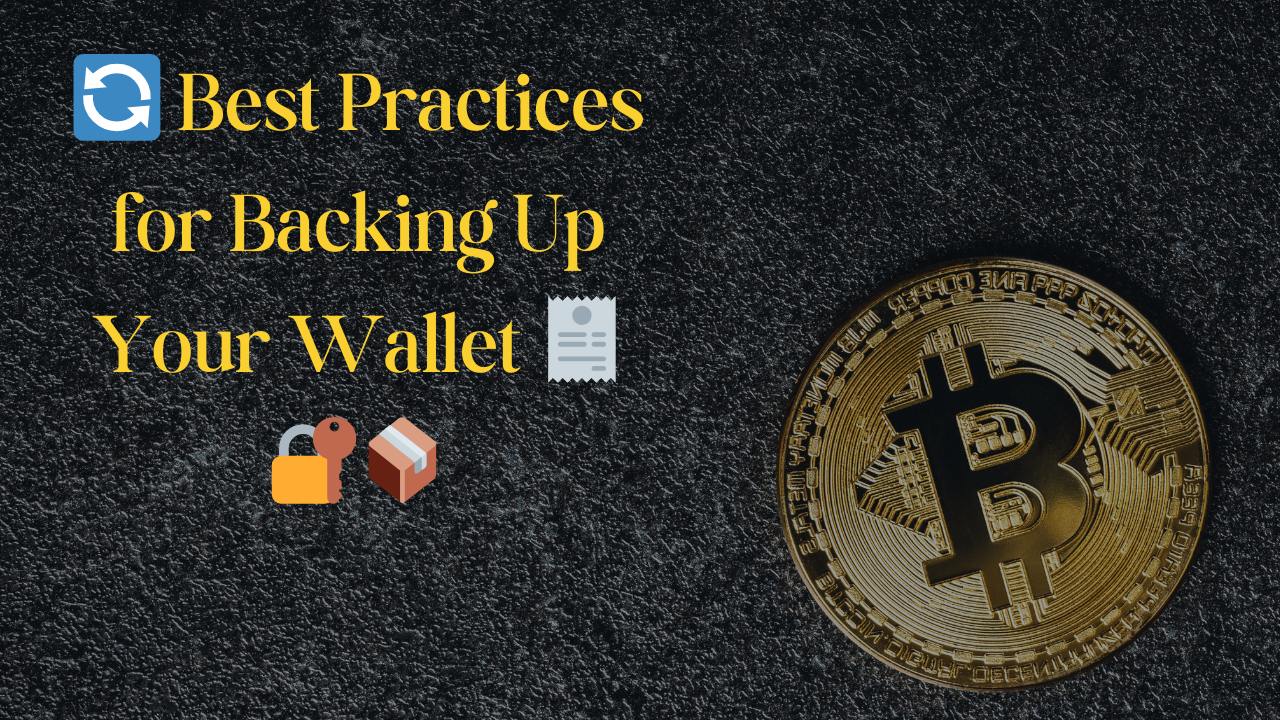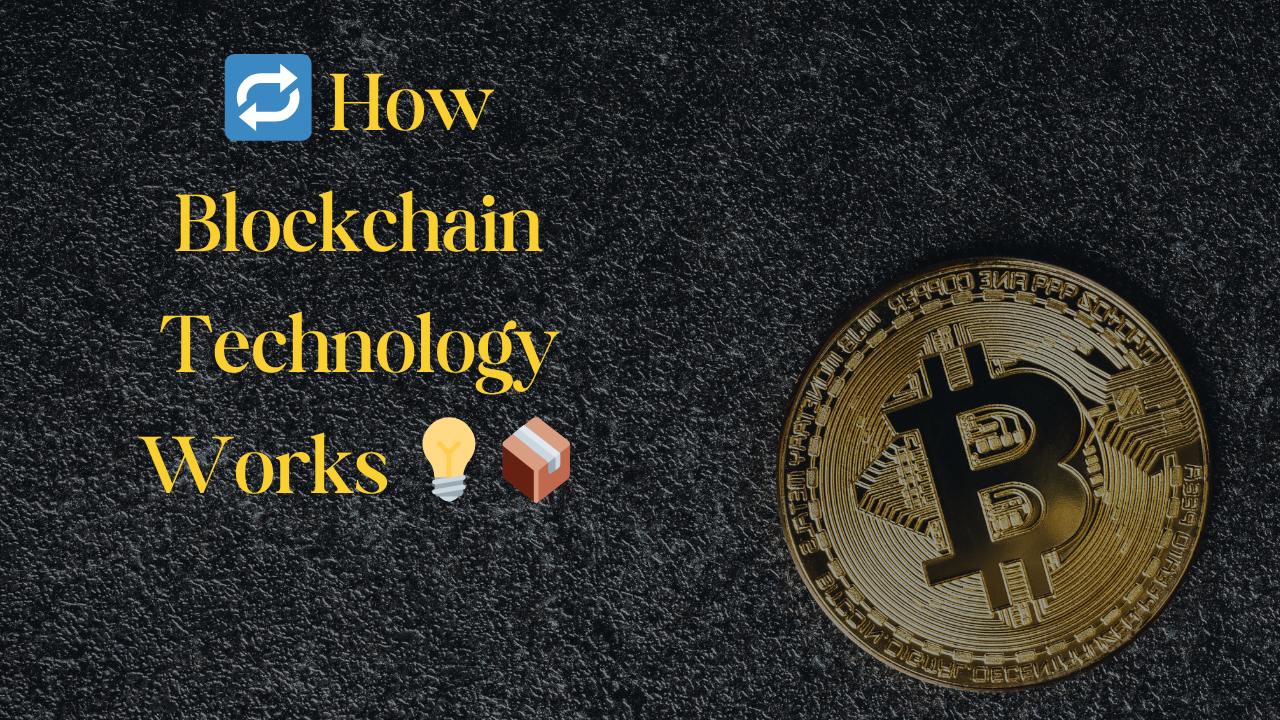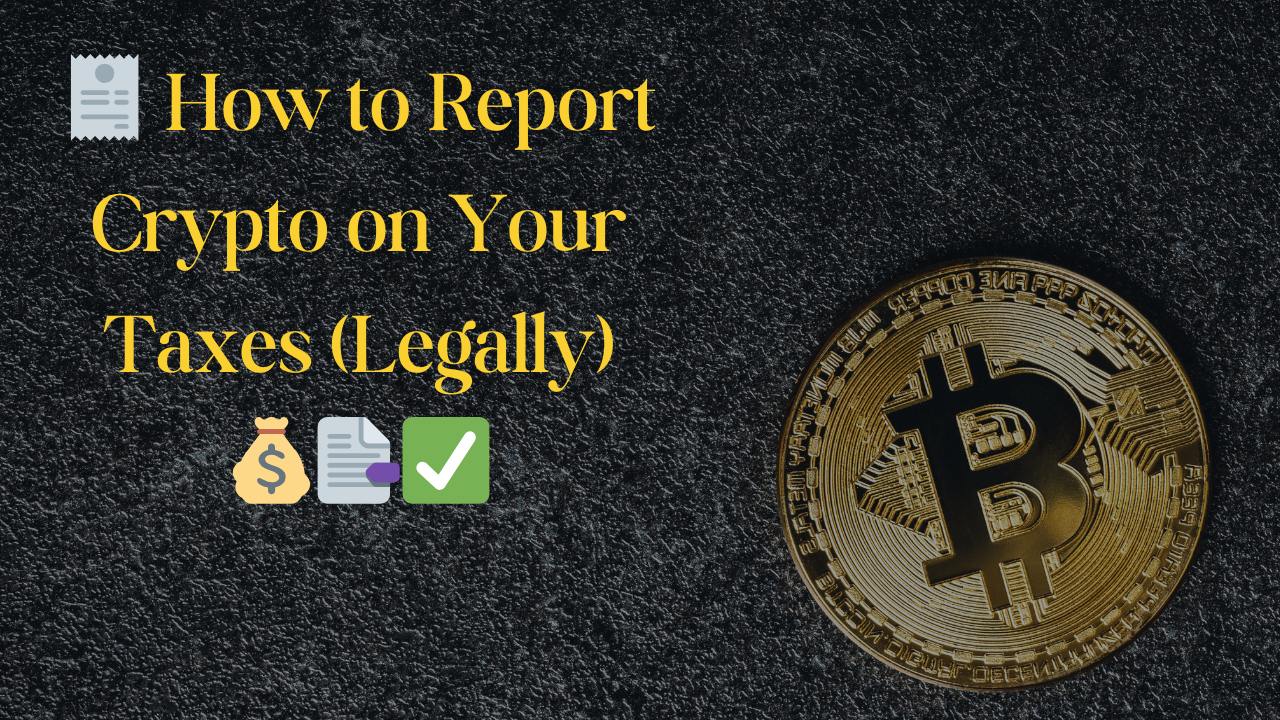🎯 Why Decentralization Matters in Crypto
2025-04-02 22:50:38.709 +0000 UTC

🎯 Why Decentralization Matters in Crypto
Decentralization is more than just a buzzword in crypto—it's the heart of what makes blockchain technology revolutionary. 🌐 It's the reason Bitcoin was created, the driving force behind Ethereum’s smart contracts, and the key to the future of the internet itself. But what does “decentralization” really mean, and why does it matter so much? Let’s break it down. 💡
📖 What Is Decentralization?
Decentralization means that control and decision-making are distributed among many individuals or nodes, instead of being concentrated in the hands of a few. In traditional finance or tech systems, a single entity—like a government, corporation, or bank—controls the data and makes the rules. 🏦
In decentralized systems, no single entity holds all the power. Instead, control is spread across a network of participants. 🕸️ This is what makes cryptocurrencies and blockchain applications so powerful and trustworthy.
🔗 Centralized vs. Decentralized: A Quick Comparison
| Aspect | Centralized | Decentralized |
|---|---|---|
| Control | One authority or server | Many nodes or users |
| Security | Single point of failure | Distributed, harder to attack |
| Transparency | Limited access to data | Open and visible to all |
| Trust | Relies on central party | Trustless (verified by code) |
🔐 Why Decentralization Matters in Crypto
1️⃣ Eliminates Single Points of Failure
In centralized systems, if the main server or database gets hacked, the whole system can collapse. 💥 In decentralized networks, there’s no central point to attack—data is stored across thousands of nodes. 🛡️
2️⃣ Increases Transparency
Blockchain is a public ledger. Anyone can verify transactions. No hidden edits. No shady business. 🔍 This kind of openness builds trust—even among strangers. 🤝
3️⃣ Promotes Censorship Resistance
No one can shut down Bitcoin. No one can stop a decentralized exchange from operating (unless everyone agrees). This is a game-changer for free speech, financial access, and data sovereignty. 🚫🗣️
4️⃣ Empowers Peer-to-Peer Transactions
You don’t need a bank to send crypto. You don’t need a middleman to verify contracts. You just need a wallet and an internet connection. 🌍
5️⃣ Encourages Innovation Through Open Access
Anyone can build on Ethereum. Anyone can launch a token or DAO. Open systems allow developers and users from all over the world to contribute, test, and grow the ecosystem together. 👨💻🌱
🏛️ Examples of Decentralization in Action
- 💰 Bitcoin: No CEO, no company—just code, miners, and nodes.
- 🦄 Uniswap: A decentralized exchange where you trade crypto without handing over your keys.
- 🧠 DAOs: Decentralized Autonomous Organizations that operate through code and community votes.
- 📡 IPFS (InterPlanetary File System): A decentralized way to store and access files across the internet.
📉 What Happens When Systems Are Too Centralized?
We’ve seen many real-world failures of centralized control:
- 🔐 Data breaches from big tech companies
- 💳 Banks freezing customer accounts
- 🚫 Governments shutting down communication or limiting access to money
These issues highlight why decentralization is so critical in today’s world. It protects individual freedoms and distributes power back to the people. ✊
⛓️ How Decentralization Is Achieved in Crypto
- 🌍 Distributed Nodes: Thousands of computers keep copies of the blockchain
- 🧾 Open Source Code: Anyone can review and audit
- 🧠 Consensus Protocols: Network rules enforced by math, not managers
- 🗳️ Community Governance: Changes must be voted on or forked
🧠 Challenges of Decentralization
- 🐢 Speed: Decentralized networks are slower than centralized ones
- 🧮 Complexity: Harder for beginners to understand and use
- ⚖️ Governance: Voting and upgrades can be messy or manipulated
- 🔌 Scalability: Difficult to support millions of transactions per second (but solutions are emerging!)
🚀 The Role of Decentralization in Web3
Web3 is the next evolution of the internet—powered by decentralization. 🌐 Users own their data, apps run on blockchains, and creators earn directly from their work. No more tech giants harvesting your info or advertisers owning your attention. 🔓
It’s still early, but projects like Ethereum, Arweave, Filecoin, and Polkadot are building the infrastructure of a decentralized digital future. 🛠️
📚 Final Thoughts
Decentralization is what makes crypto powerful. It’s what allows freedom, transparency, innovation, and global participation. It puts people—not corporations—in control. 💯
Is it perfect? No. But it’s evolving fast—and it’s here to stay. If you’re passionate about freedom, fairness, and the future of tech, decentralization is a movement worth learning about. 🌍🔗
💬 Coming up next: ⛏️ What Is Crypto Mining and How Does It Work?


